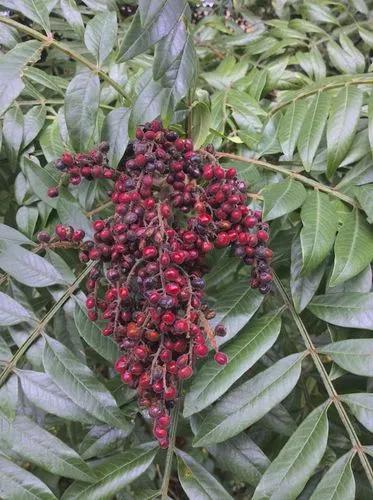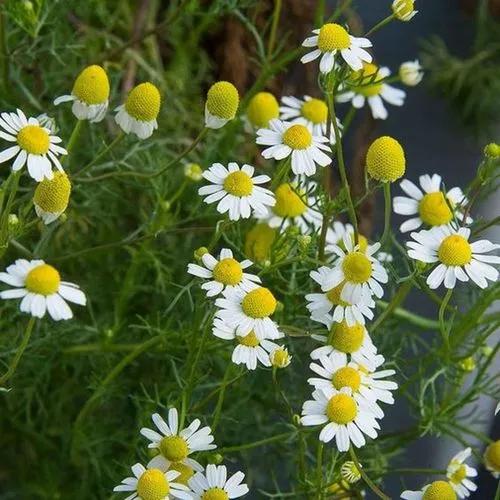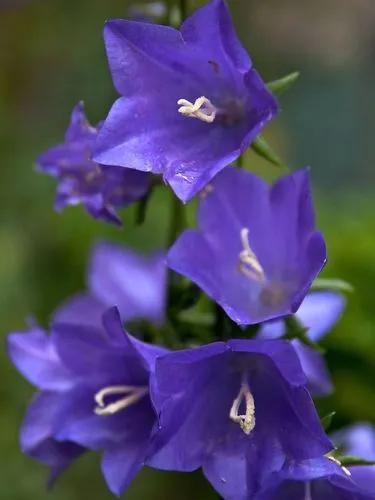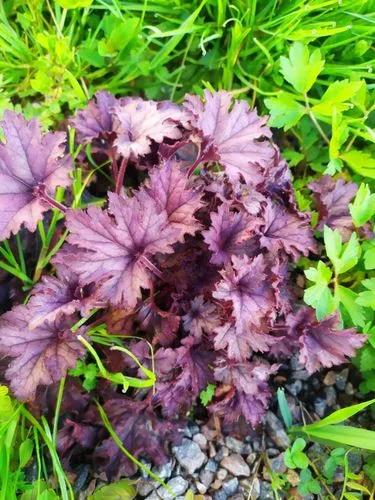Reseda phyteuma, common name rampion mignonette or corn mignonette, is a species of flowering plant in the family Resedaceae. This species can be found in wasteland, walls and vineyards at elevation of 0–1,000 metres (0–3,281 ft) above sea level.
Rampion mignonette Care
Reseda phyteuma



Reseda phyteuma can reach a height of 10–50 centimetres (3.9–19.7 in). It is an annual or perennial plant with erect stems, branched at the base. Leaves are entire, the upper ones with two lateral lobes. The inflorescence, which may take up most of the upper stem, is densely packed with many greenish-white flowers with six petals. They bloom from April to September. Reseda phyteuma is present from Central and Southern Europe to Western Asia and North Africa. It is naturalized in Britain. It is harvested from the wild for local use as a food. The plant can be used as a pot-herb.
How to Care for the Plant

Water

Reseda likes regular watering and will not do well under drought conditions.

Sunlight

The plant can be found in a sunny position or in some shade if the summers are long and hot.

Soil

Easily grown in any well-drained neutral to slightly alkaline soil.

Temperature

The plant is hardy to winter temperatures down to about -28.8°C (-20°F).

Popularity

63 people already have this plant 5 people have added this plant to their wishlists
Discover more plants with the list below
Popular articles






